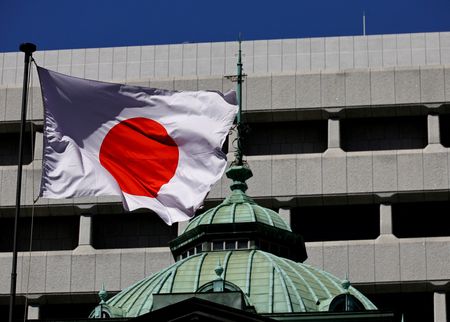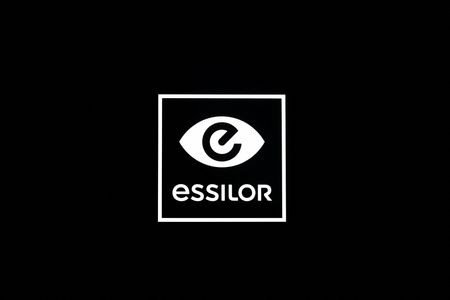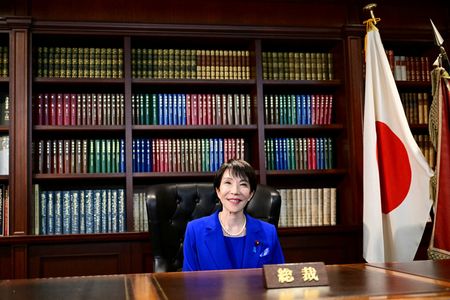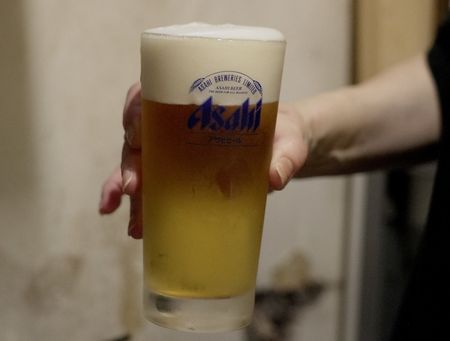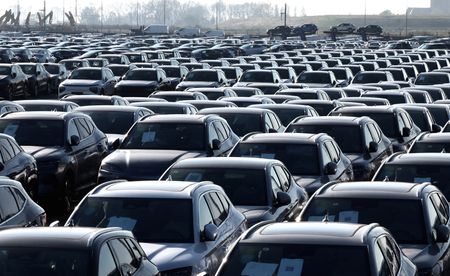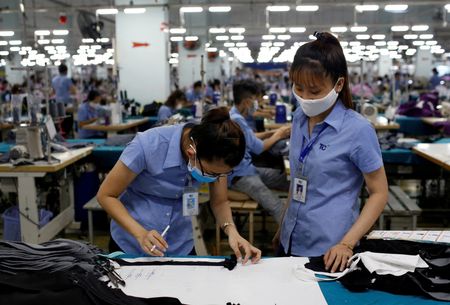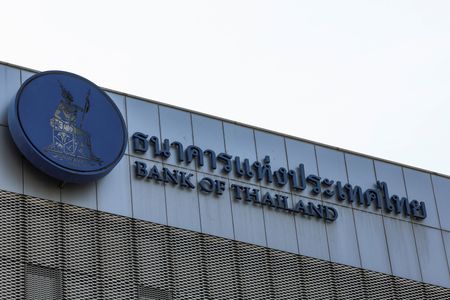By Leika Kihara
TOKYO (Reuters) -The Bank of Japan maintained on Monday its cautiously optimistic view on the economic outlook but warned of nagging uncertainty over the impact of U.S. tariffs on corporate profits, suggesting its preference is to wait for more data before raising rates.
In a quarterly report on Japan’s regional economies, the central bank retained its assessment for eight areas, saying they were recovering moderately or picking up, and cut the assessment for one area.
But the BOJ’s regional branch managers pointed to lingering uncertainty over the tariff impact that was prodding some firms to put off spending plans, a summary of their meeting showed.
“Wage increases will likely continue as a trend, due to structural labour shortages. But it’s hard to know what will happen in next year’s wage talks, as the impact of tariffs on corporate profits will only start to show from now on,” Kazuhiro Masaki, the BOJ’s Osaka branch manager, told a news conference.
“At this stage, it’s hard to say when exactly we’ll have clearer knowledge on the impact of tariffs.”
The branch managers’ meeting was held after the ruling party picked fiscal and monetary dove Sanae Takaichi as its new leader on Saturday, paving the way for her to become Japan’s first female prime minister.
The assessment will be among the factors the BOJ will take into account in deciding whether to raise interest rates, or keep them steady at 0.5%, at its next meeting on October 29 and 30.
BOJ Governor Kazuo Ueda recently said he wanted to study more data to judge if firms can weather the hit from U.S. tariffs, and keep hiking wages and capital spending.
“Some regions cited companies in their area as saying they might need to curb wage increases if U.S. tariffs lead to sharp declines in profits,” the BOJ said in the summary of discussions at a quarterly meeting of its regional branch managers.
But other regions saw companies projecting the need to keep raising wages because of labour shortages, increases in minimum wages and recent hikes in food costs, the summary said.
While U.S. tariffs were weighing on exports and outputs, some regions saw brisk demand for orders related to artificial intelligence (AI) underpinning their economies, the summary said.
Many companies planned to keep increasing capital expenditure to streamline operations and meet rising information technology-related demand, though some planned to put off or review spending plans on uncertainty over the impact of U.S. tariffs, it said.
BOJ Nagoya branch manager Hiroshi Kamiguchi, who oversees the region where auto giant Toyota Motor Corp is located, said Japanese automakers have already seen profits hit by tariffs but say U.S. sales remain firm so far.
“Companies see Japan’s trade deal with the United States as big progress that reduces uncertainty,” Kamiguchi told a news conference.
“But they still see a lot of uncertainty ahead” with countries like China still in trade talks with Washington, he said.
The BOJ exited a decade-long, massive stimulus last year and raised interest rates to 0.5% in January on the view that Japan was on the cusp of sustainably achieving its inflation target of 2%.
Ueda has signalled the BOJ’s readiness to keep raising rates if the likelihood grows that the economy will see steady inflation, driven by sustained wage gains and domestic demand.
(Reporting by Leika Kihara;Editing by Kim Coghill and Clarence Fernandez)

